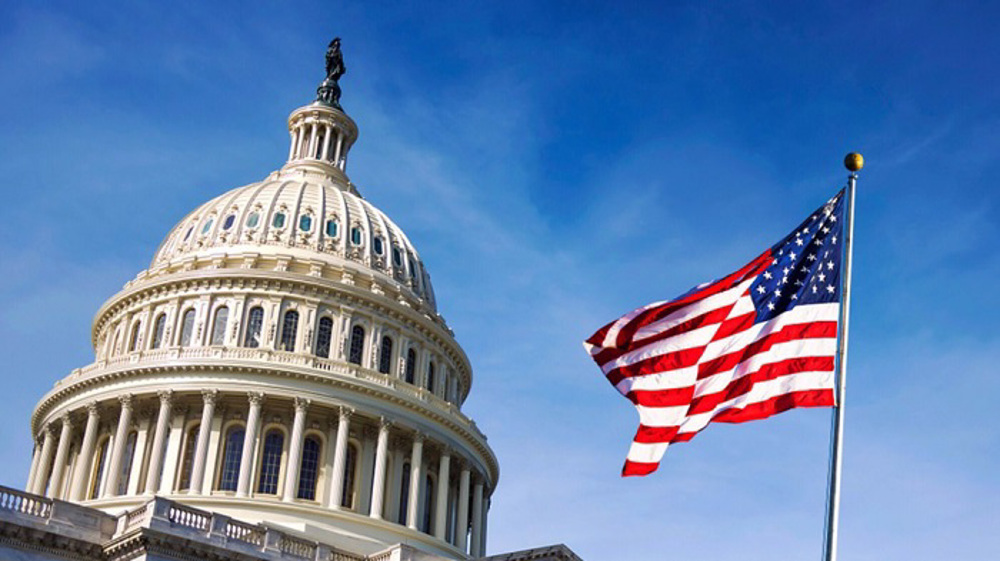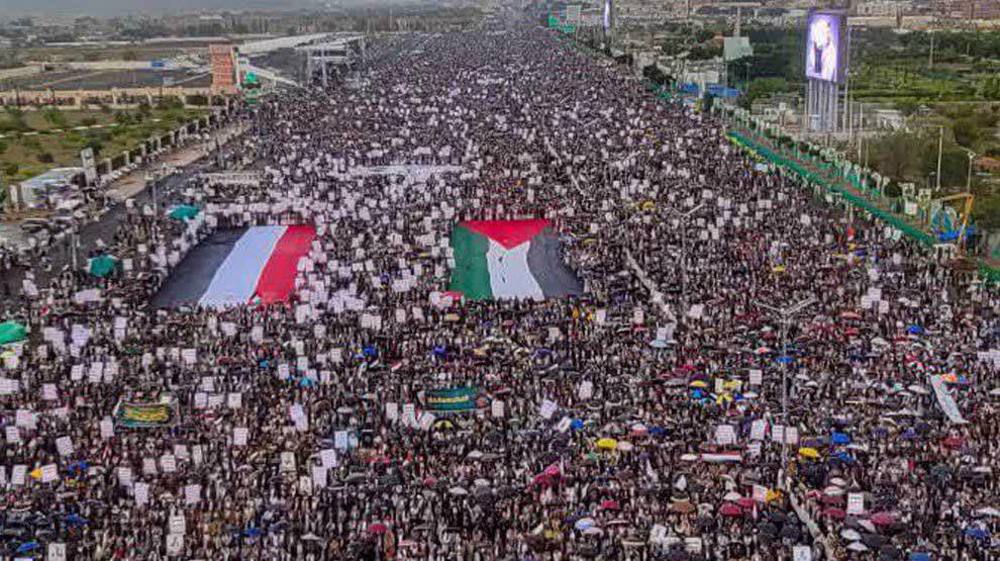Bangladesh begins relocating thousands of Rohingya before monsoon
Bangladesh has begun relocating 100,000 Rohingya Muslim refugees from Myanmar’s Rakhine state to safer ground ahead of the monsoon season.
Mohammad Abul Kalam, Bangladesh's refugee commissioner, said on Sunday that 100,000 refugees living in "priority" areas most at risk from floods and landslides would be relocated before June.
"We have already shifted some 10,000 refugees from different locations to safer settlements," Kalam said.
Bangladesh’s government had allocated roughly 3,500 acres of forested land in Cox's Bazar to the newly-arrived Rohingya to build shelters. But the forest is being felled at a rate of four football fields a day, the official added.
Mahidur Rahman, Cox's Bazar deputy district administrator, earlier said the refugees, who use the firewood for cooking, have already cleared 5,000 acres of forest.
The once lush hillsides have turned barren, exposing the topsoil and leaving them highly vulnerable to landslides during heavy rain, Rahman stated. "Some 200,000 people are vulnerable to landslides."
The UN says about 150,000 refugees in Bangladesh's southeast are extremely vulnerable to disease and disaster this rainy season. Nearly one million Rohingya in total live in shanties on hillsides. Monsoon rains wreak havoc every year in Cox's Bazar and the adjacent Chittagong Hill Tracts, a tropical forest zone home to wild elephants. Last season heavy rain triggered landslides in the tract region, killing 170 people.

Experts blamed deforestation for the worsening impact of mud avalanches. More than 100 people were killed in landslides in the region in 2012, and two years earlier heavy rain killed around 50.
UN Secretary General Antonio Guterres has expressed fears the Rohingya were "extremely vulnerable" to the annual storms. He said that "higher ground is the best place for this kind of relocation."
Dhaka had earlier said about 100,000 refugees from the persecuted Muslim minority would be shifted to an island in the Bay of Bengal, where the Bangladeshi navy is building accommodation for the refugees. But Abdul Mannan, the Chittagong regional commissioner, said that the Rohingya would not be relocated to the island before the end of the year.
Humanitarian groups have been racing to reinforce the basic shelters erected hastily by the Rohingya as they fled across the border after a fierce army crackdown on the community in western Myanmar.
Nearly 700,000 refugees have crossed the border since August into Cox's Bazar, clearing trees and packing whole hillsides with unstable shanties.
Bangladesh and Myanmar signed an agreement late last year to repatriate about 700,000 Rohingya Muslim refugees who have crossed the border since August to escape a brutal crackdown by the military. The repatriation was delayed due to a lack of preparation as well as protests staged by Rohingya refugees against the plan to send them back to Myanmar while conditions were not safe for their return.

Myanmar’s government troops have been committing killings, making arbitrary arrests, and carrying out arson attacks in Muslim villages in Rakhine over the past months.
The Rohingya have lived in Myanmar for generations but are denied citizenship and are branded illegal immigrants from Bangladesh, which likewise denies them citizenship.
The UN has also described the 1.1-million-strong Muslim community as the most persecuted minority in the world.
VIDEO | Taliban press ahead with war on drugs
VIDEO | UK govt. Rwanda bill denounced as 'state-sponsored people trafficking'
VIDEO | Iran president visits Lahore, Pakistan’s cultural hub
North Korea: US military drills drive regional security into turmoil
UN agency chief for Palestinians urges probe into staff killings
200 days of Israeli war on Gaza and 200 headlines whitewashing genocide
VIDEO | 200 days of US-Israeli genocide
Iran’s security chief in Russia to underline Israel’s aggression










 This makes it easy to access the Press TV website
This makes it easy to access the Press TV website